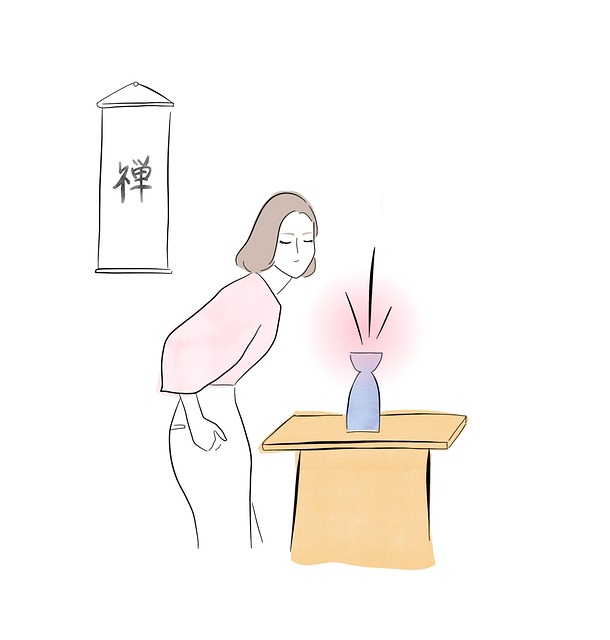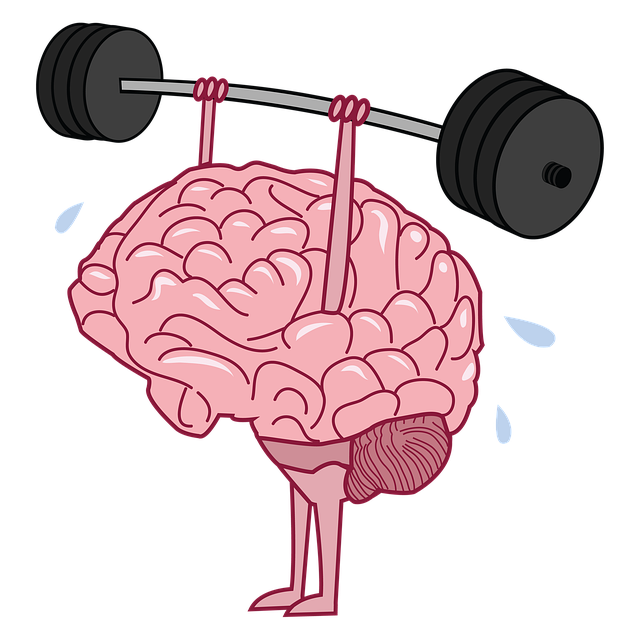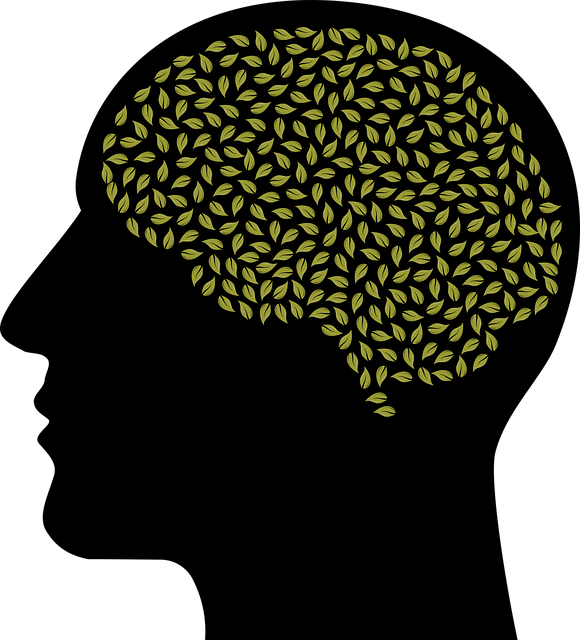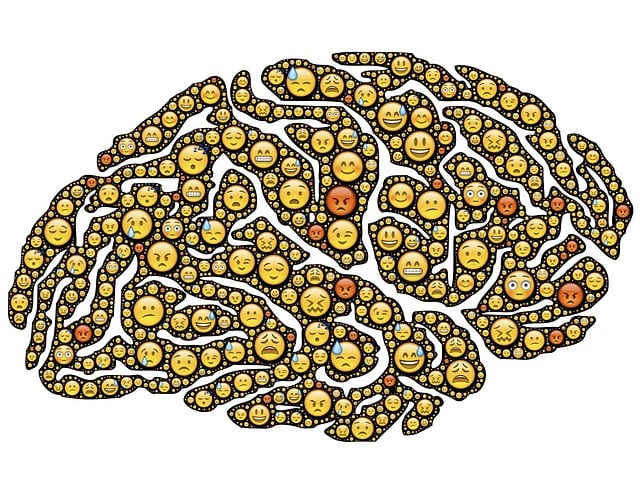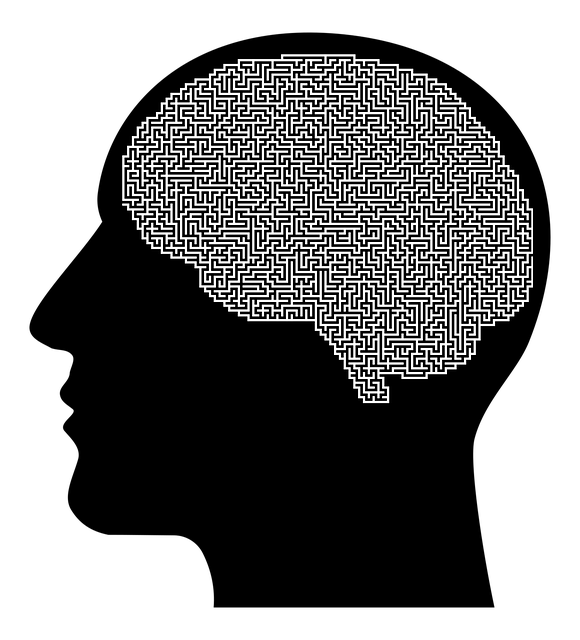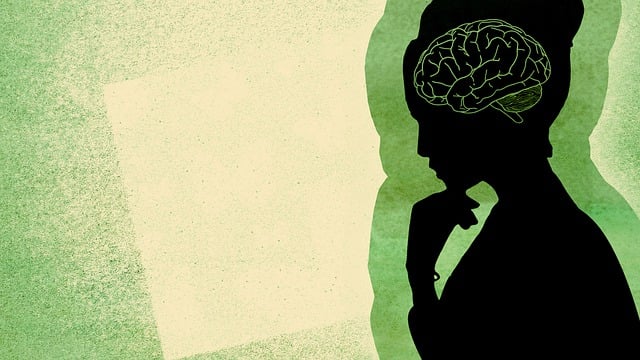Mindfulness meditation is a powerful tool for young adults, offering both therapy for young adults and enhanced parenting skills. By focusing on present-moment awareness and non-judgmental acceptance, individuals can improve emotional healing, mental wellness, self-awareness, and decision-making. Dedicating just 10-15 minutes daily to mindfulness promotes balance, peace, and resilience against life's stressors. Guided meditation, tailored by healthcare providers, helps overcome challenges and fosters healthier relationships. This practice is accessible, beneficial for family bonds, and contributes significantly to overall well-being, especially in navigating stress and past traumas.
“Unwind and reconnect with yourself through the transformative power of mindfulness meditation, tailored specifically for young adults. This comprehensive guide explores the fundamentals of mindfulness, its profound benefits for both parenting and personal growth, and offers practical tips to establish a consistent meditation practice. From overcoming common challenges to discovering your inner sanctuary, learn how mindfulness can enhance well-being and foster resilience. Discover the potential of this ancient practice as a modern therapy for young adults seeking balance and clarity.”
- Understanding Mindfulness Meditation: A Gentle Introduction for Young Adults
- The Benefits of Mindfulness for Parenting and Personal Growth
- Establishing a Consistent Practice: Tips for Integrating Daily Meditation
- Overcoming Challenges and Finding Your Mindful Space
Understanding Mindfulness Meditation: A Gentle Introduction for Young Adults

Mindfulness meditation is a practice that encourages individuals to focus on the present moment, accepting it without judgment. For young adults navigating life’s challenges, this ancient technique offers a powerful tool for emotional healing processes and enhancing mental wellness. It’s not about blocking out thoughts or achieving a state of stillness; instead, it involves observing your thoughts and emotions as they arise, allowing you to cultivate a deeper sense of self-awareness.
This gentle introduction to mindfulness is an accessible therapy for young adults, helping them develop parenting skills that contribute to better mental health. By integrating mindfulness into daily routines, one can create a more balanced and peaceful mindset, which is essential for navigating life’s stressors and cultivating emotional resilience. It’s worth noting that this practice, often discussed in popular mental wellness podcast series production, can be as simple as taking a few minutes each day to breathe mindfully and observe your senses.
The Benefits of Mindfulness for Parenting and Personal Growth

Mindfulness meditation offers powerful tools for both parenting and personal growth, making it a valuable practice for individuals seeking to enhance their well-being and relationships. For parents, incorporating mindfulness can significantly improve their interactions with children by fostering patience, empathy, and emotional regulation. It helps adults respond mindfully to challenging behaviors, creating a calmer environment that promotes healthy attachment and positive discipline strategies. By cultivating present-moment awareness, parents can better understand and connect with their kids’ needs, leading to stronger family bonds.
Additionally, mindfulness supports personal growth by encouraging self-awareness and emotional intelligence. It allows individuals to observe their thoughts and emotions without judgment, fostering a deeper understanding of themselves and their reactions. This increased introspection enables better decision-making and problem-solving skills, which are essential for navigating life’s challenges. The practice also enhances resilience, helping one stay grounded during stressful situations. For young adults especially, mindfulness therapy can be instrumental in developing healthy coping mechanisms, improving mental health, and fostering overall well-being, as supported by research in Mental Health Policy Analysis and Advocacy. Effective communication, a key aspect of Cultural Sensitivity in Mental Healthcare Practice, is also enhanced through mindfulness, enabling individuals to express themselves more clearly and empathically.
Establishing a Consistent Practice: Tips for Integrating Daily Meditation

Establishing a consistent meditation practice is akin to nurturing inner strength development in young adults. By dedicating just 10-15 minutes daily, individuals can reap significant benefits for their emotional well-being promotion techniques. Start by choosing a quiet space where you won’t be disturbed; this could be your bedroom or even a dedicated corner of your living room. Set a specific time each day—perhaps in the morning to set an intention-filled tone or before bed to unwind and reflect on the day’s experiences.
Consider incorporating mindfulness meditation into family routines, offering therapy for young adults through simple practices that enhance stress management workshops organization within the home. Involve your children by explaining the benefits of calmness and presence; they may surprise you with their enthusiasm to join in. Regularity is key; think of it as a new parenting skill to be honed over time, where consistency breeds calm and clarity for all involved.
Overcoming Challenges and Finding Your Mindful Space

Mindfulness meditation can be a powerful tool for young adults navigating life’s challenges, especially when coupled with proper guidance. Many individuals face obstacles in cultivating a consistent practice due to busy schedules or pre-existing mental health concerns. However, it’s crucial to remember that overcoming these challenges is part of the journey. A healthcare provider or therapist skilled in mindfulness techniques and cultural competency training can offer tailored support. They can help individuals understand their unique barriers—whether stress management issues or past traumas—and develop strategies to find their mindful space.
By incorporating mindfulness into daily routines, young adults can enhance their parenting skills, improving their responses to life’s stresses and fostering healthier relationships. This process involves creating a safe, quiet haven within oneself, where one can pause, observe thoughts and emotions without judgment, and gently bring focus back to the present moment. It’s about embracing the practice as a form of self-care and personal growth, which can significantly contribute to overall well-being and resilience.
Mindfulness meditation offers powerful tools for young adults seeking therapy, personal growth, and enhanced parenting skills. By integrating consistent practice into daily routines, individuals can overcome challenges and discover a sense of calm amidst life’s busyness. This ancient technique, adapted for modern lifestyles, provides a simple yet transformative path to self-awareness and emotional well-being.
